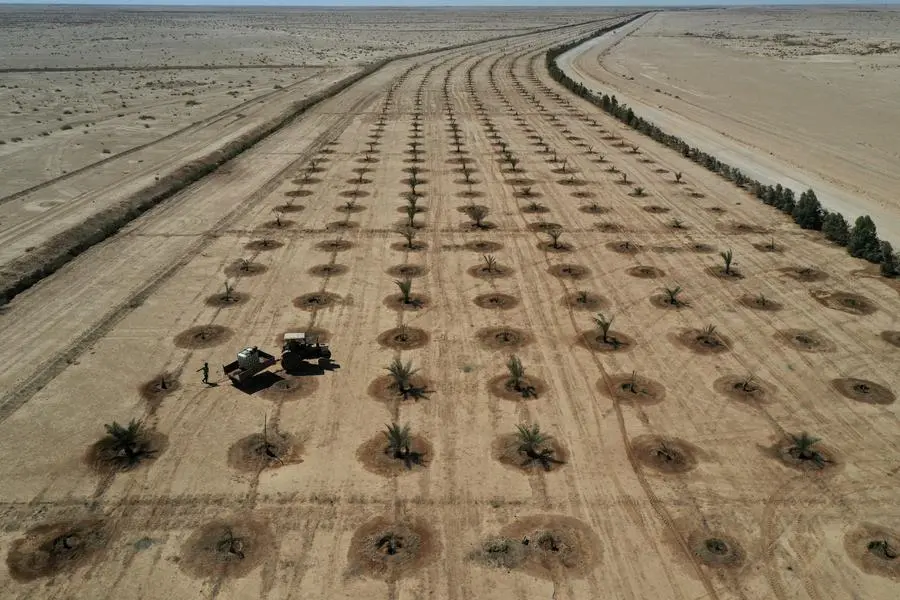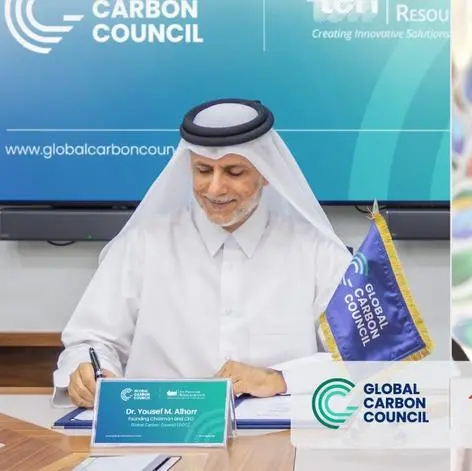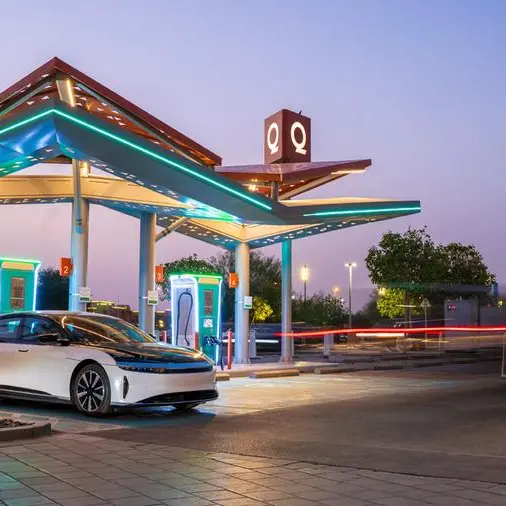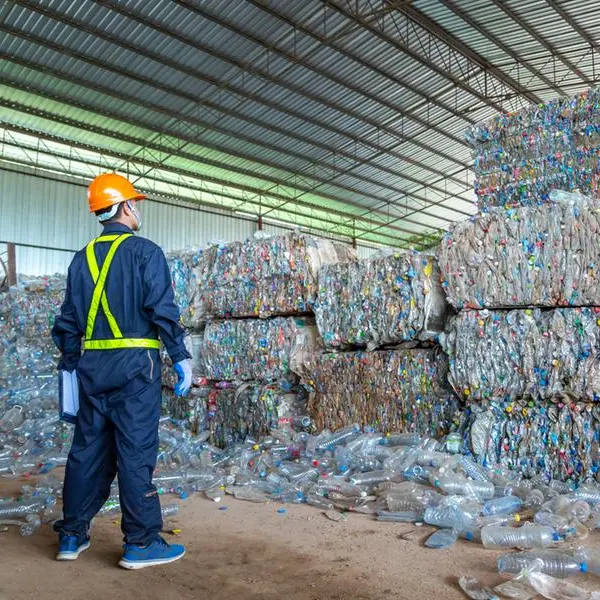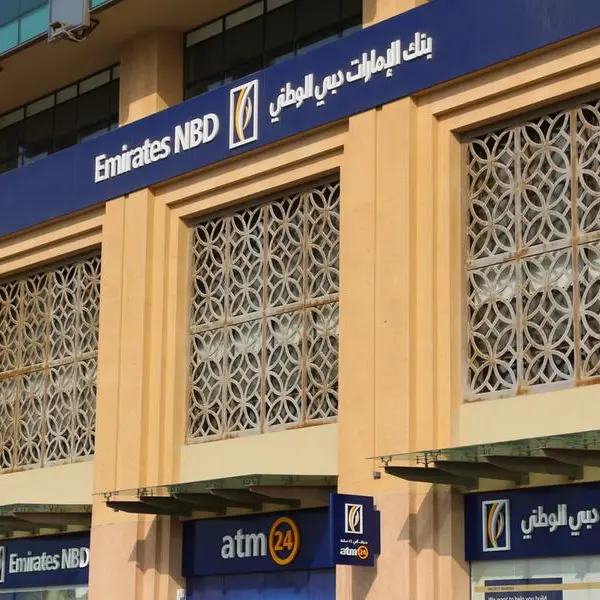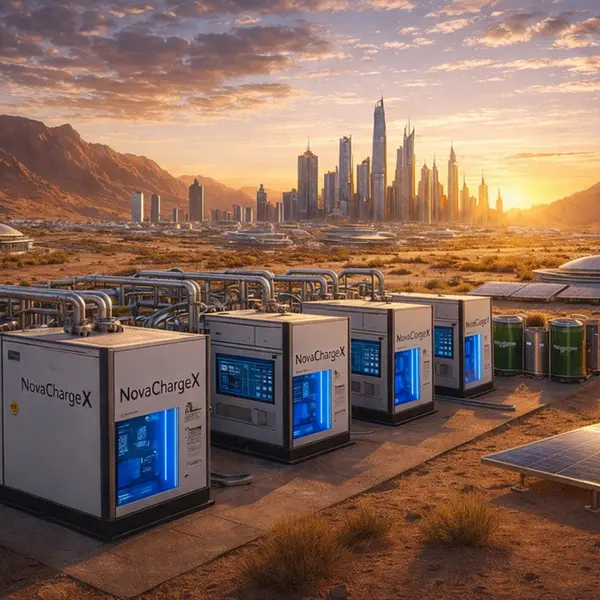PHOTO
The gap between what the Middle East is spending and what it needs to spend on climate adaptation and resilience is large and is continuing to grow.
Data from the Brookings Institution puts the region’s financing needs from national adaptation plans (NAPs) from nationally determined contributions (NDCs) at $8.2 billion per year, up until 2030. However, modelled costs of adaptation are at $17.1 billion per year.
“Compared to what we are spending and what we need to spend on adaptation, the gap is very large and is continuing to grow,” Amar Bhattacharya, a senior fellow at the Brookings Institution, said at the World Governments Summit held in Dubai.
The financing implications for emerging markets and developing countries excluding China are at $250 billion per year, with $100 billion expected from domestic resources and $150 billion from external financing, Bhattacharya said.
Climate change threatens the Middle East region in a variety of ways, from water scarcity, to rising sea levels, with coastal areas including those in the UAE seeing increasing risks from floods, displacements, and to city structures.
Syria, Jordan and Iraq face desertification and loss of biodiversity, where key ecosystems could collapse as temperatures rise, and countries such as Egypt, which are dependent on agriculture, face food security threats from declining crop yields.
Bhattacharya described the Middle East’s adaptation and resilience against climate change needs as an “investment imperative”. Thanks to its petroleum resources and it’s “world’s best sun” solar resources, the energy transition is not only a transition, but a big opportunity for the region, he said.
Bhattacharya highlighted the need to scale up private capital investment in adaptation and resilience. “If we invest, we can open up more compelling ways of growth,” he said. “If we do not invest, the costs associated with that are very large, because of opportunities lost.”
He also said that to make business models for such investments, the cost of inaction needs to be included.
(Reporting by Imogen Lillywhite; editing by Daniel Luiz)
imogen.lillywhite@lseg.com
